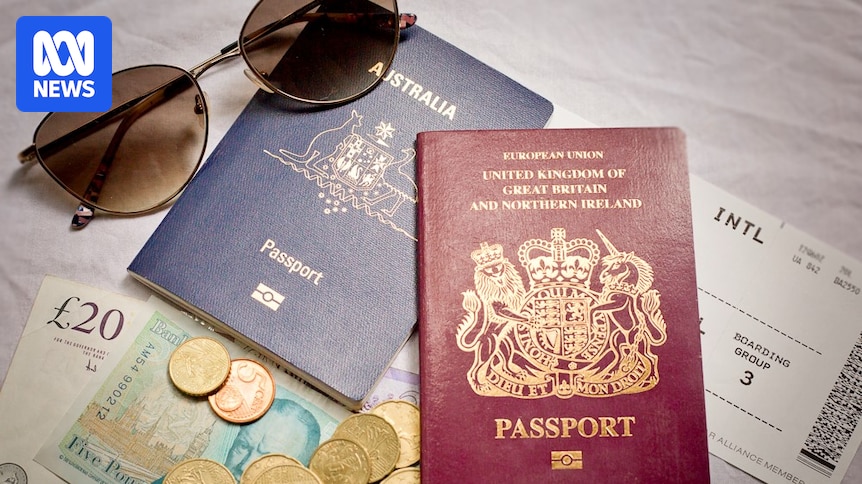
England’s Lionesses made history on Sunday by retaining their title against World Champions Spain in a dramatic penalty shootout in Basel. However, despite the momentous achievement, the UK government appears set to confirm that there will be no bank holiday to celebrate the occasion, much like the decision following England’s victory in the same tournament two years ago.
A homecoming parade is scheduled to take place in central London on Tuesday, featuring an open-top bus tour that will culminate in a ceremony outside Buckingham Palace. This celebration aims to honor the team’s remarkable achievement, yet it stops short of granting a national day off.
Historical Context of Bank Holidays in Sports
The absence of a bank holiday following a major football success is not unprecedented. When England’s men’s team won the World Cup in 1966, no such holiday was declared. Similarly, the Lionesses’ triumph in the 2022 Euros did not result in a bank holiday. Calls for such a day off have been a recurring theme, with political figures like Sir Keir Starmer previously suggesting the idea as a way to mark significant victories.
In 2023, when the Lionesses reached the World Cup final against Spain, Sir Keir advocated for a celebratory bank holiday if the team emerged victorious. Despite these calls, the economic implications of an additional bank holiday have been a significant consideration for the government.
Economic Implications of a Bank Holiday
Downing Street is likely weighing the economic cost of announcing an extra bank holiday. Government modelling has previously estimated the cost at £1.36 billion, while accountancy firm PwC suggested a slightly lower figure of £831 million. These financial considerations play a crucial role in the decision-making process.
The prime minister, while praising the team as “history makers,” appears to be prioritizing economic stability over a national day of celebration. “You dug deep when it mattered most and you’ve made the nation proud,” he stated, emphasizing the team’s resilience and the pride they have brought to the country.
The Lionesses’ Path to Victory
Sunday’s match was a tense affair, with both teams locked at 1-1 after 90 minutes and extra time. The victory was clinched through spot kicks from Alex Greenwood, Niamh Charles, and Chloe Kelly, alongside two crucial saves from goalkeeper Hannah Hampton. Sir Keir Starmer was in the stands, witnessing the Lionesses’ triumph firsthand as they secured their place in history.
“There should be a celebratory bank holiday if the Lionesses bring it home,” Sir Keir had declared, reflecting the sentiment of many fans eager for a national celebration.
Looking Ahead: The Future of Celebratory Holidays
The debate over bank holidays following sporting successes is likely to continue, especially as women’s football gains prominence and inspires a new generation of fans. The Lionesses’ achievements have sparked discussions about how best to honor such accomplishments and whether traditional forms of celebration suffice in recognizing their impact.
As the nation prepares to welcome the team back home, the focus remains on celebrating their success and the inspiration they provide to aspiring athletes across the country. Whether or not a bank holiday is declared, the Lionesses’ legacy is firmly established, and their victory will be remembered as a defining moment in English football history.







